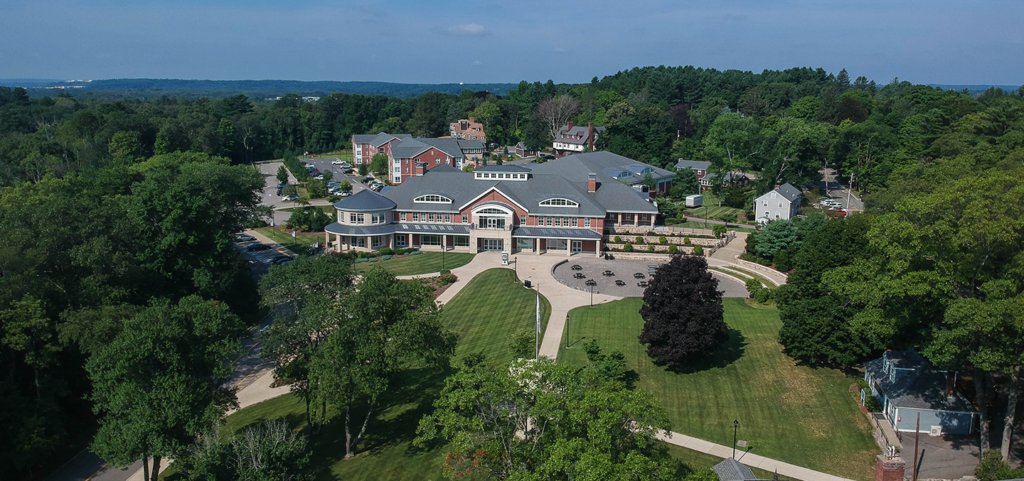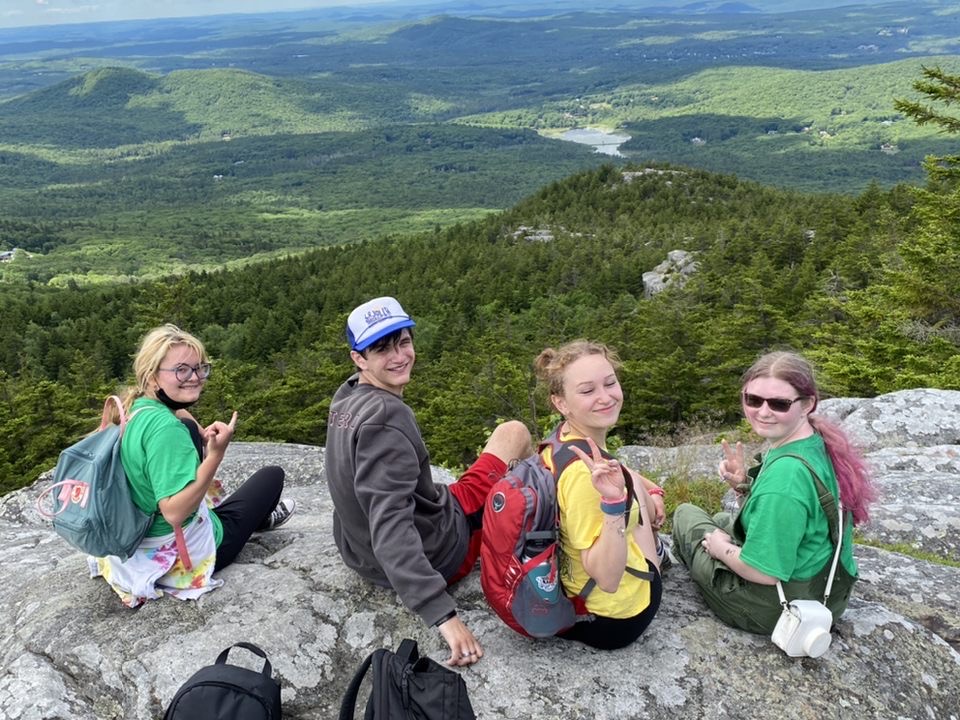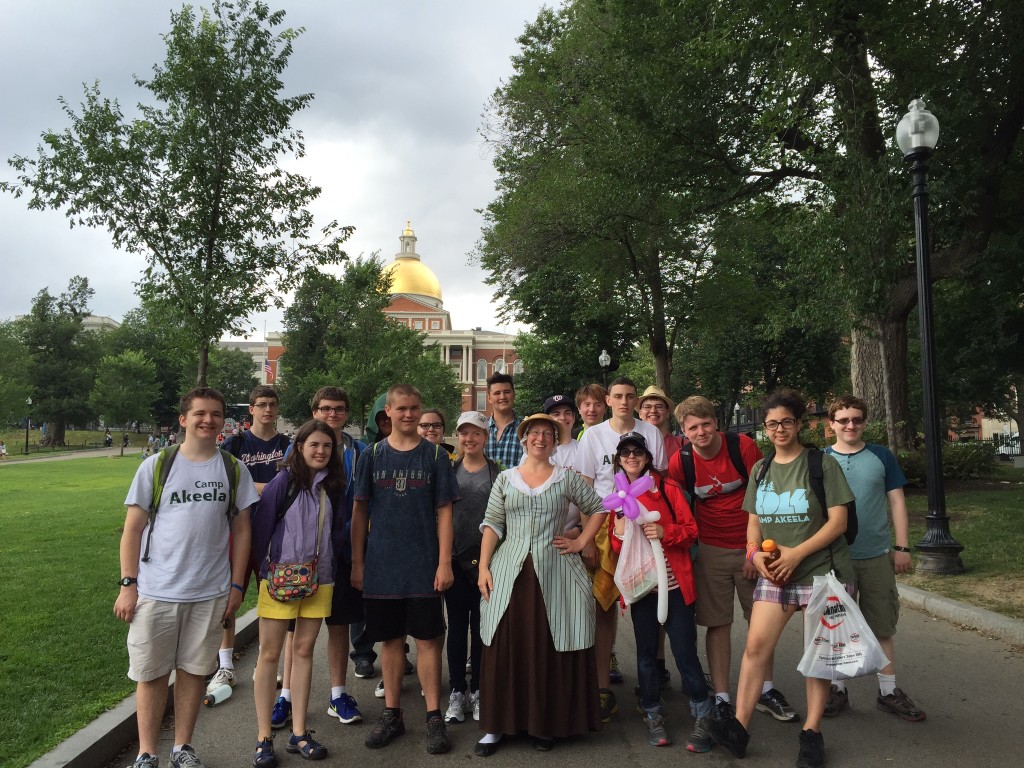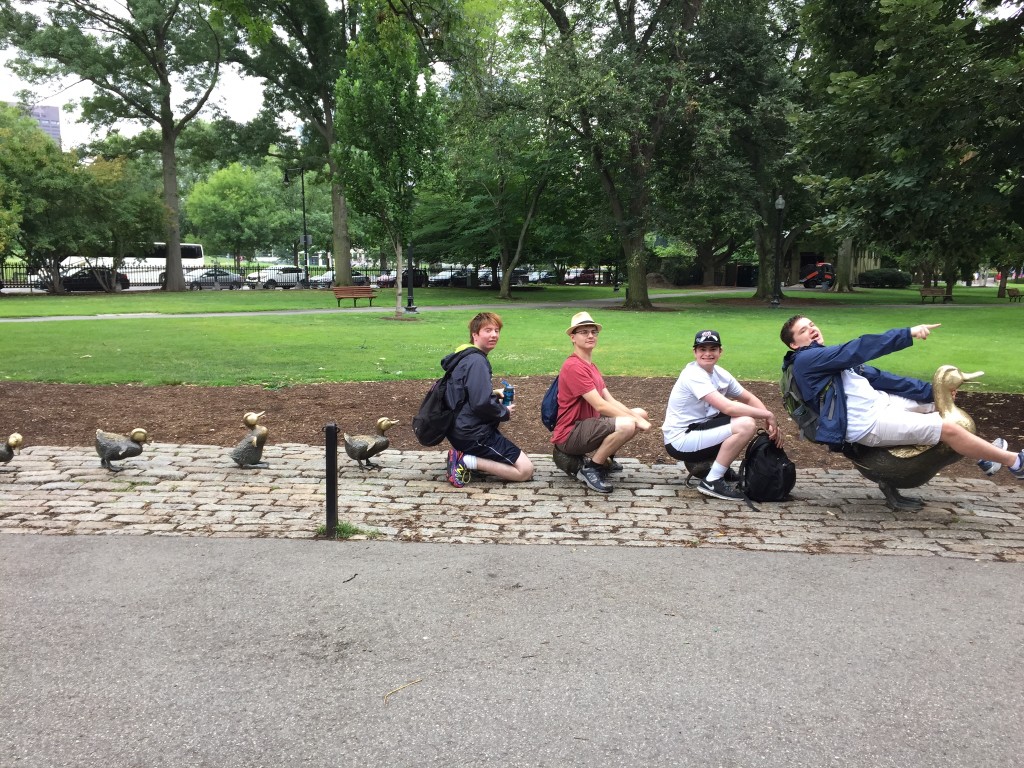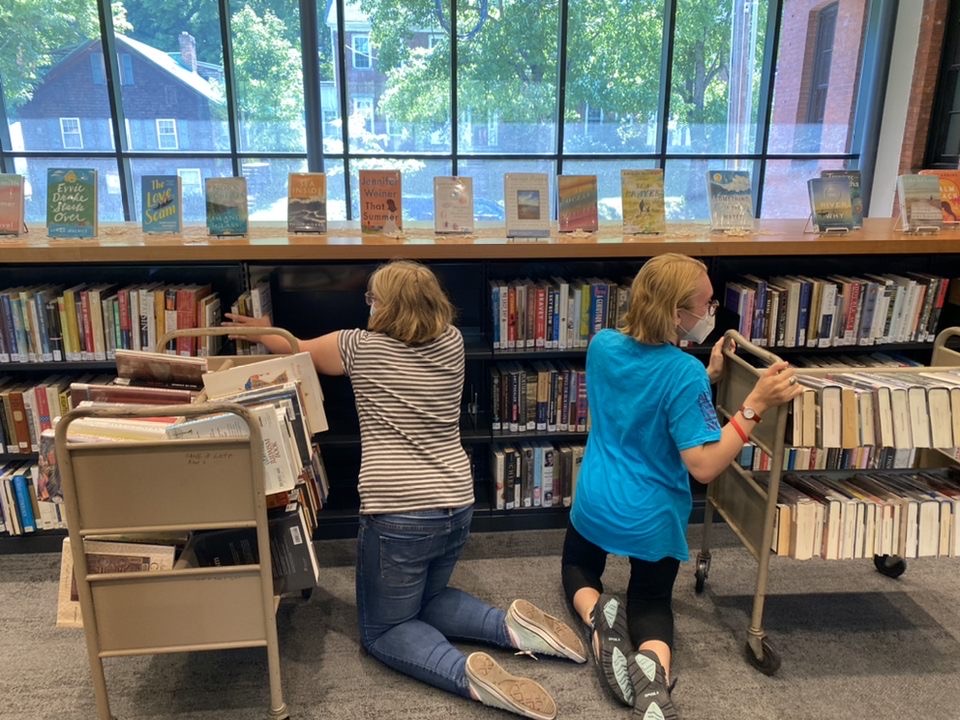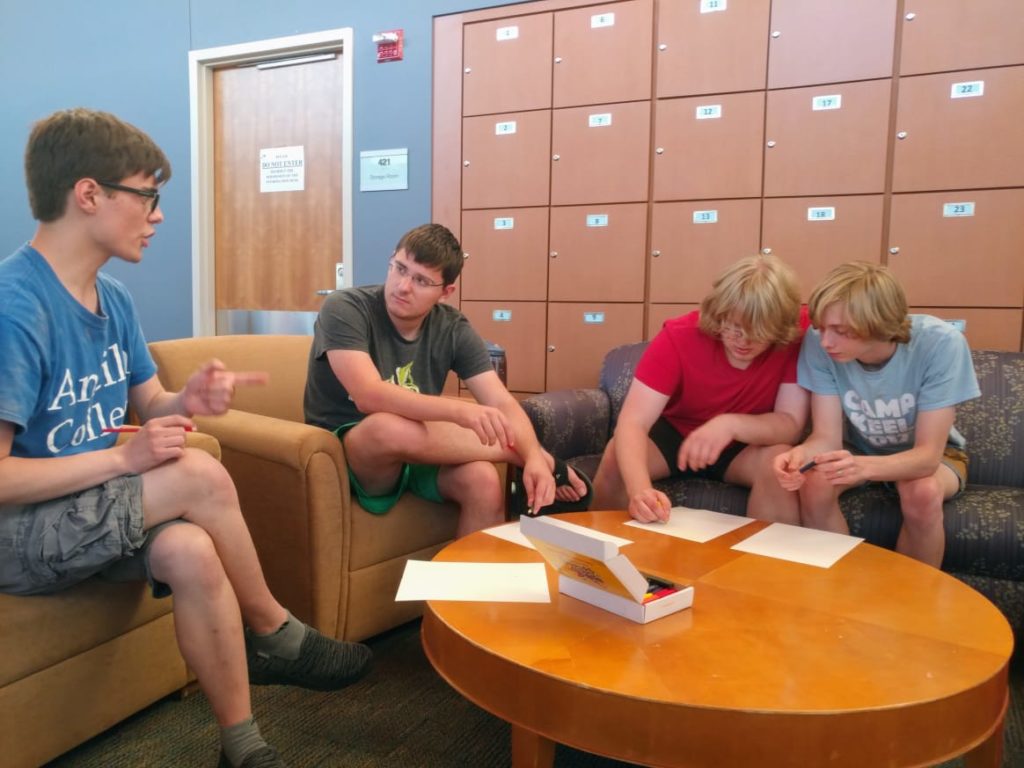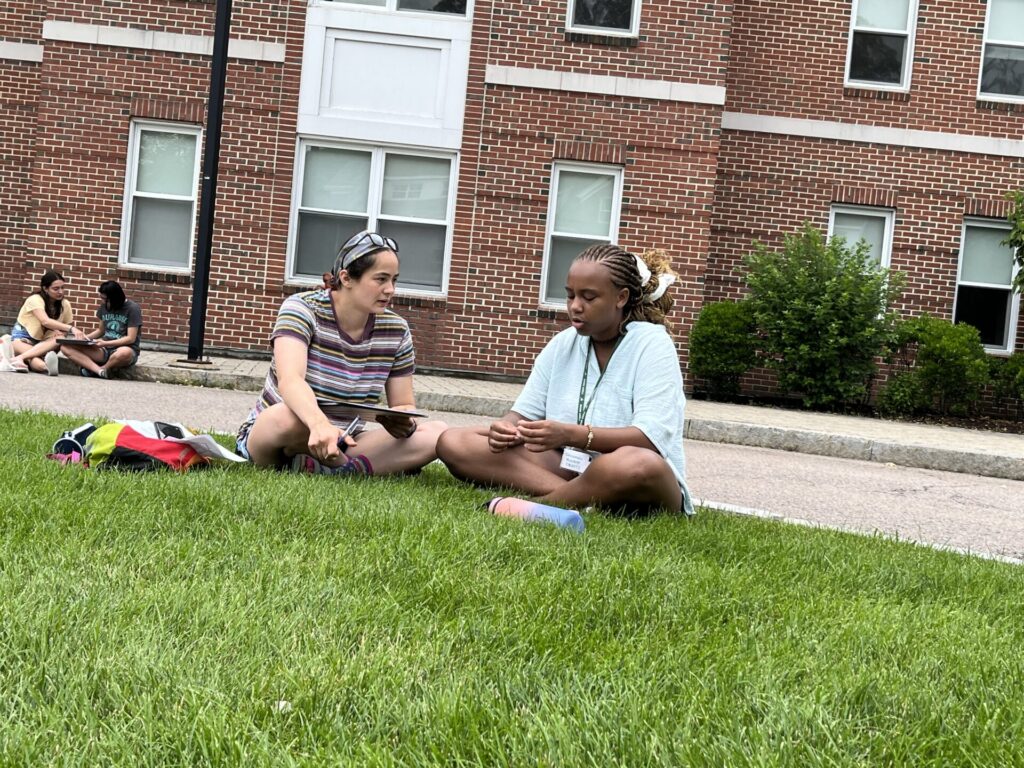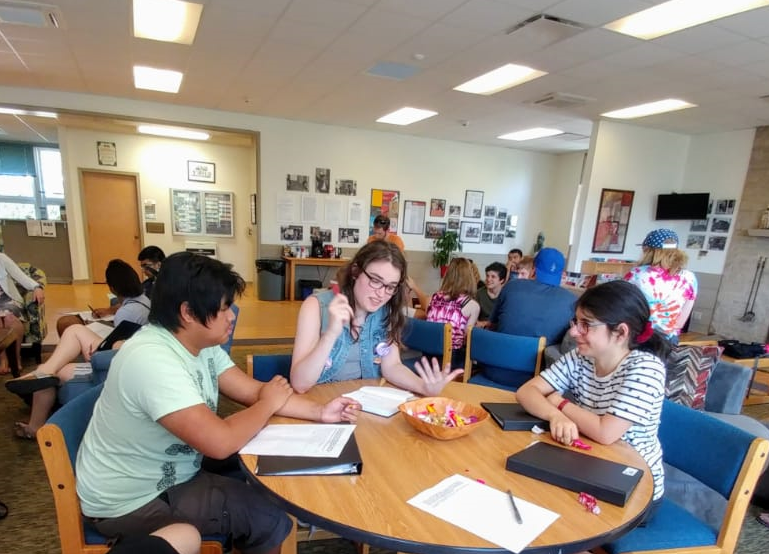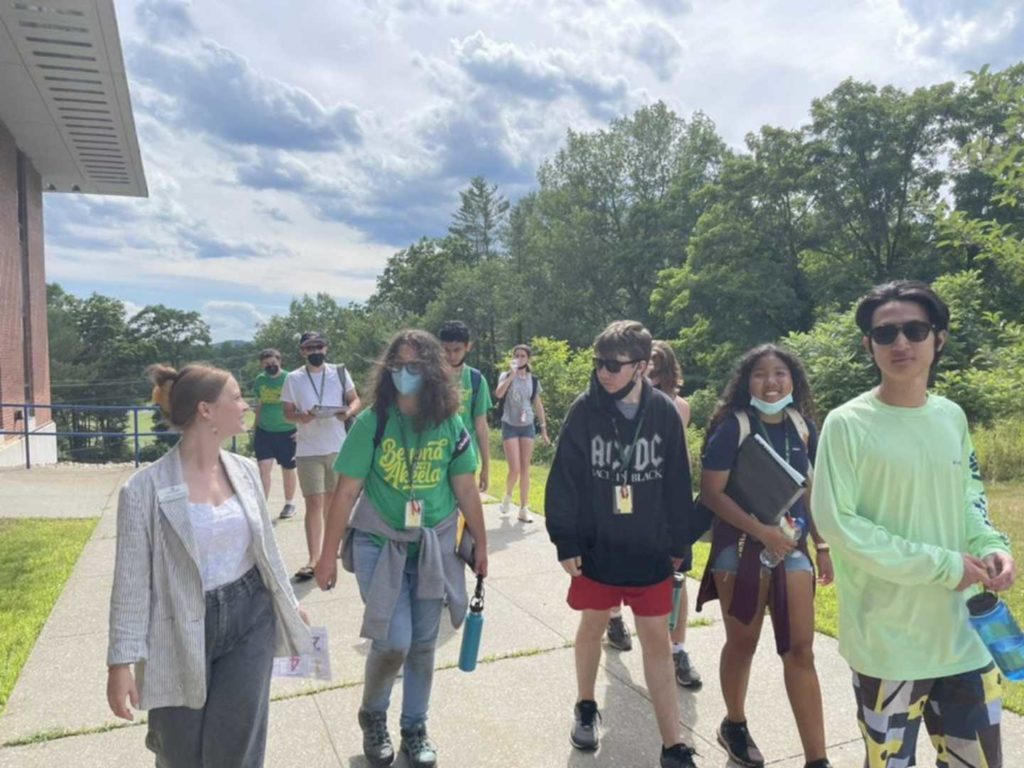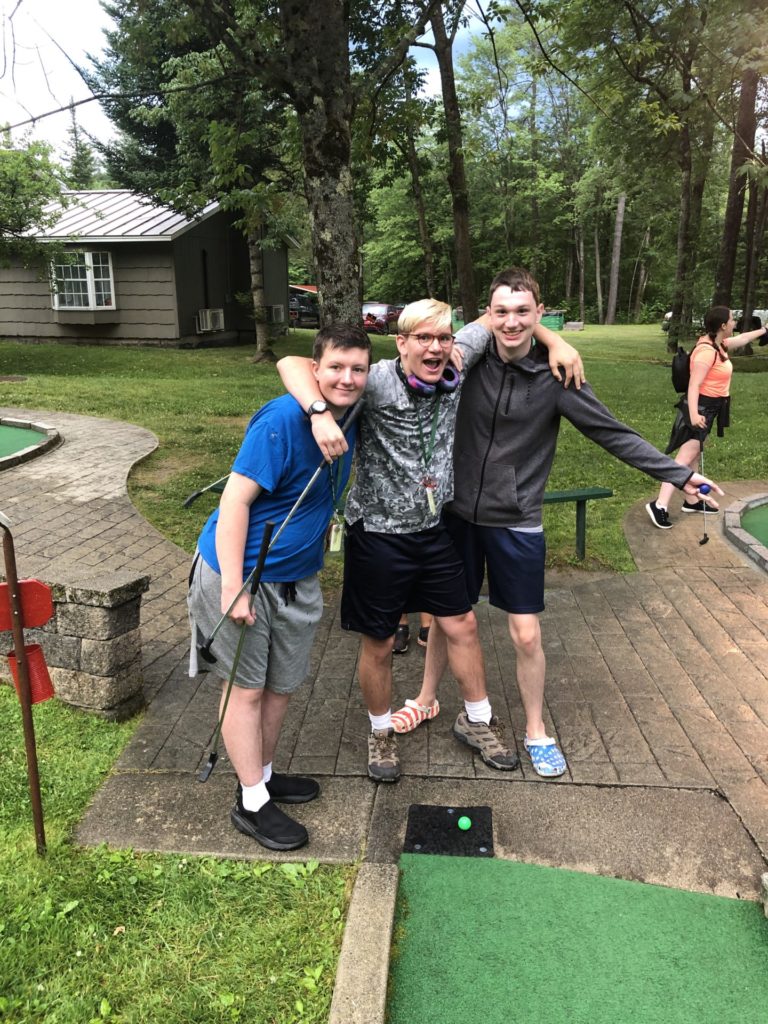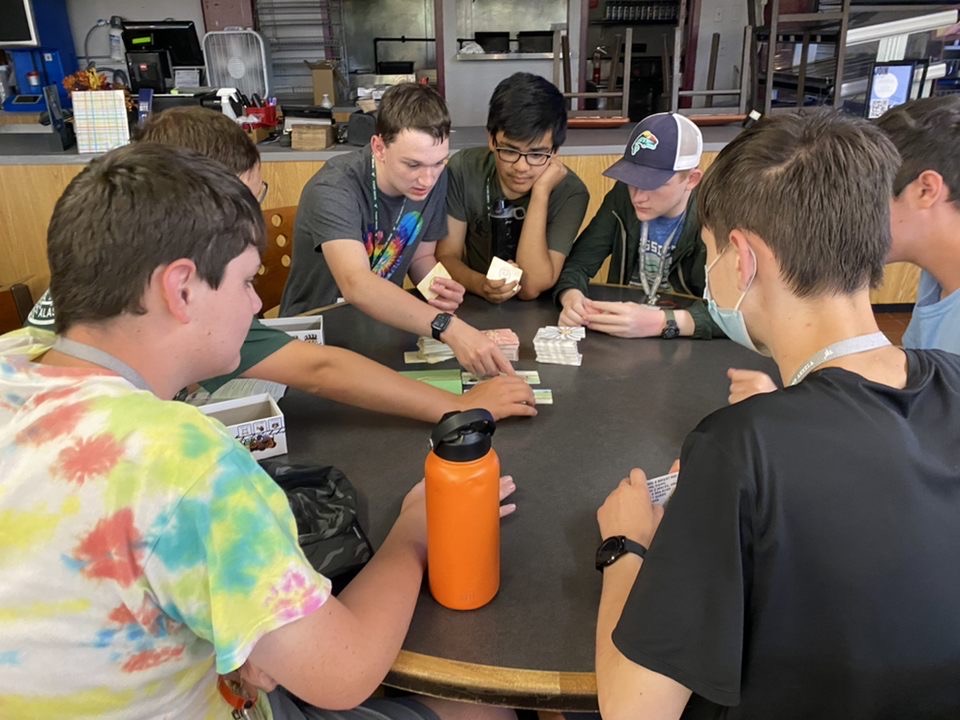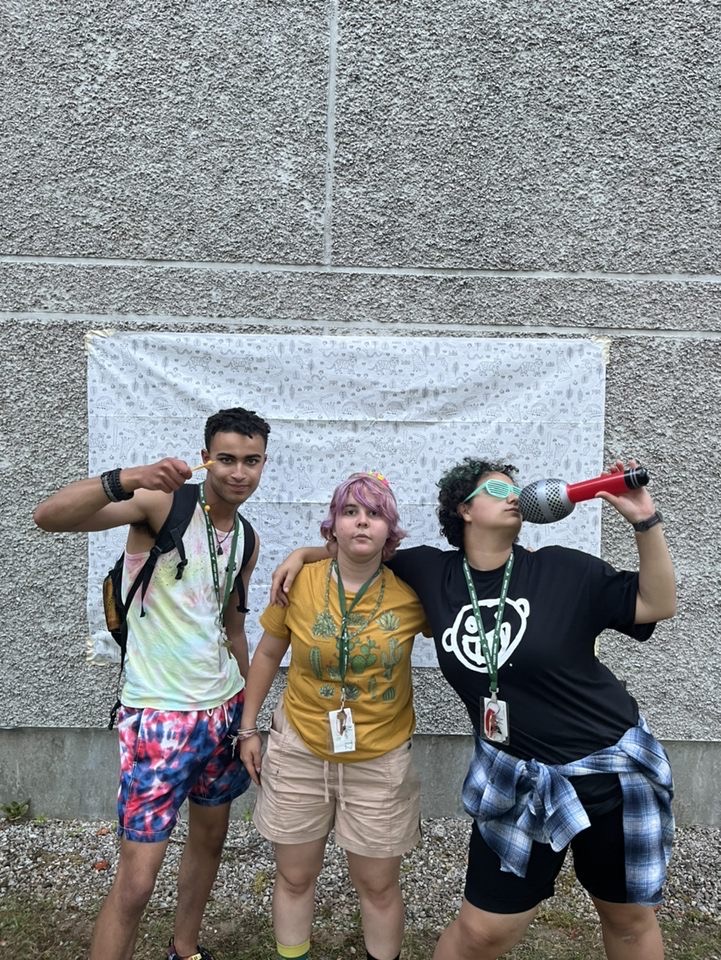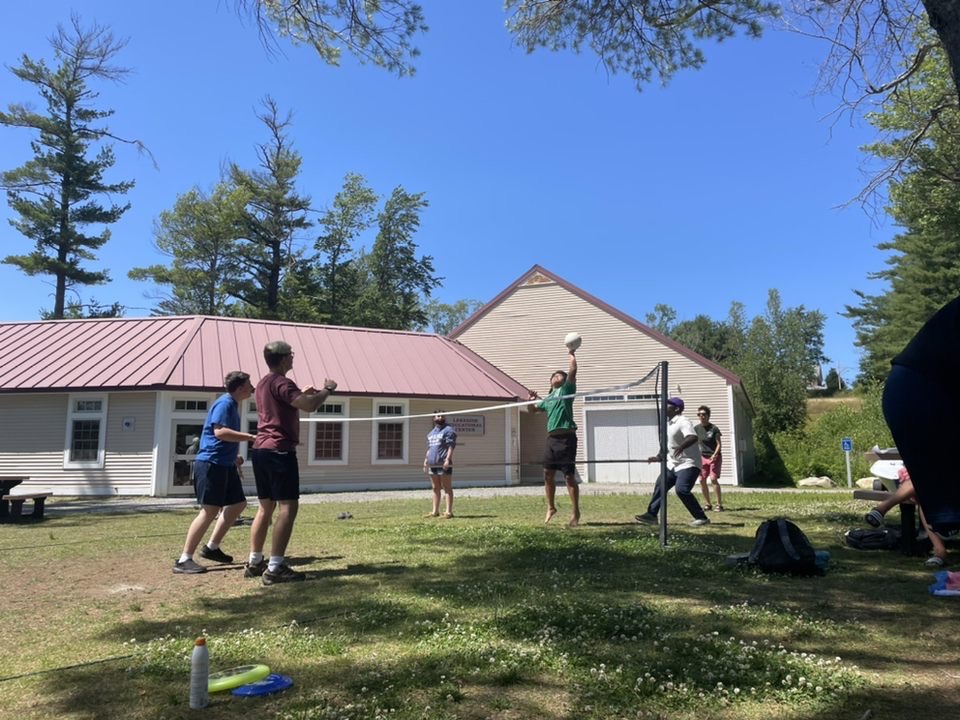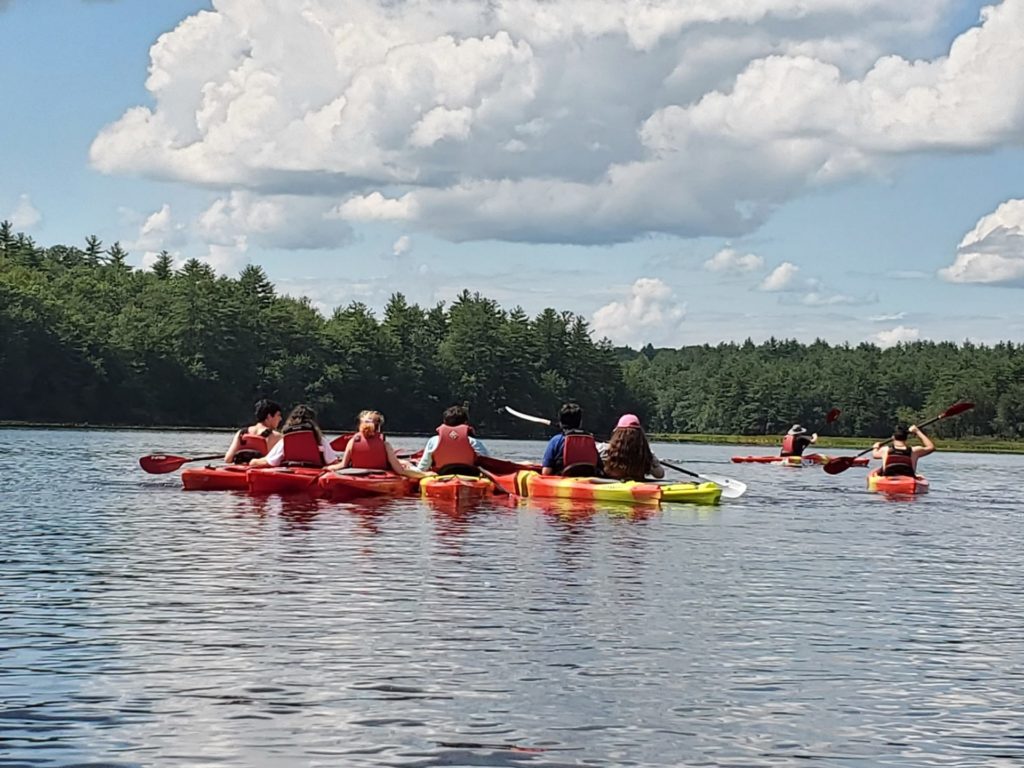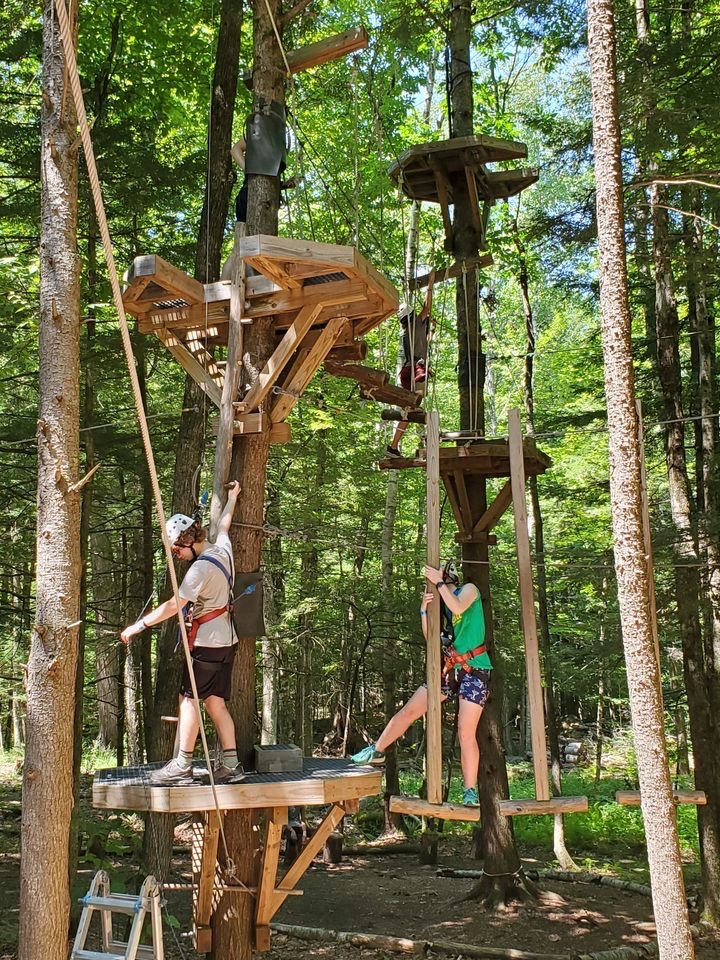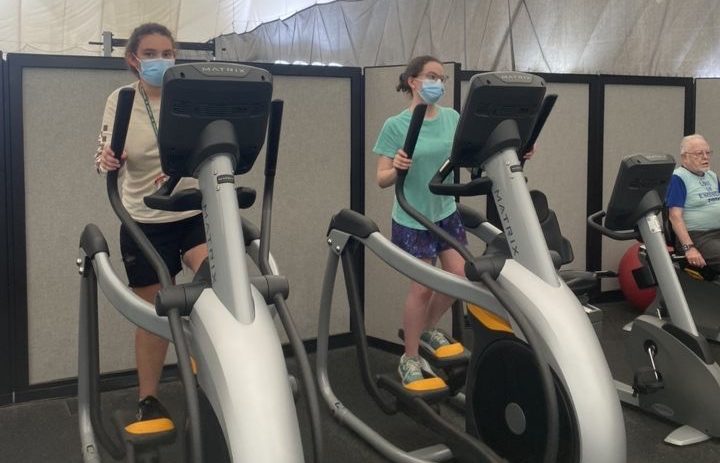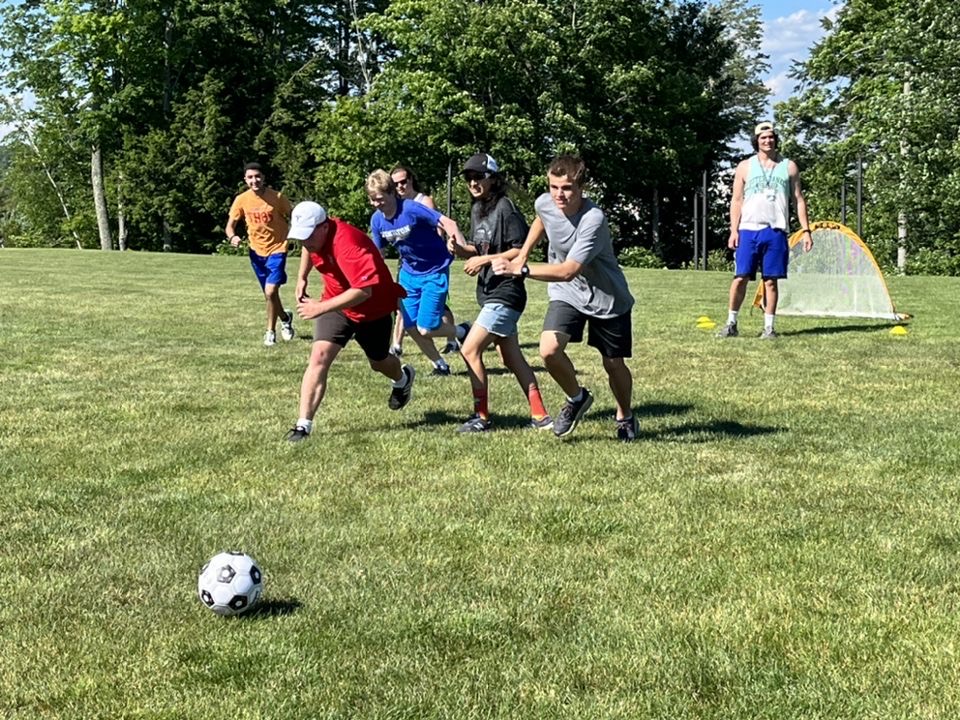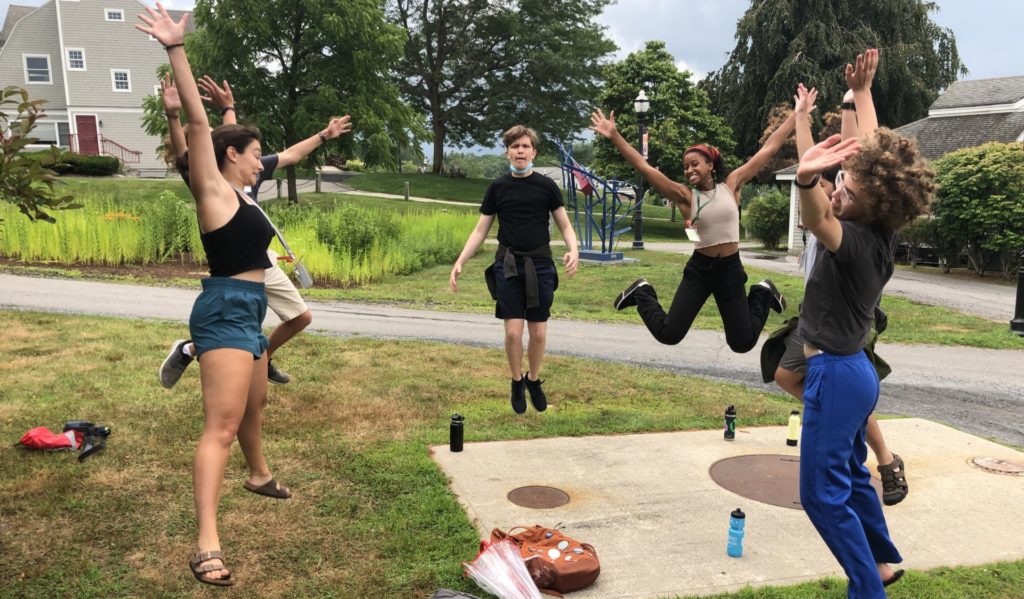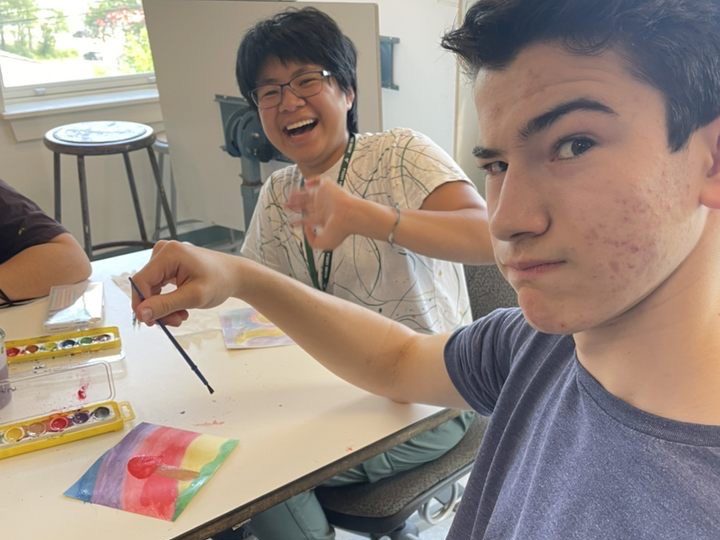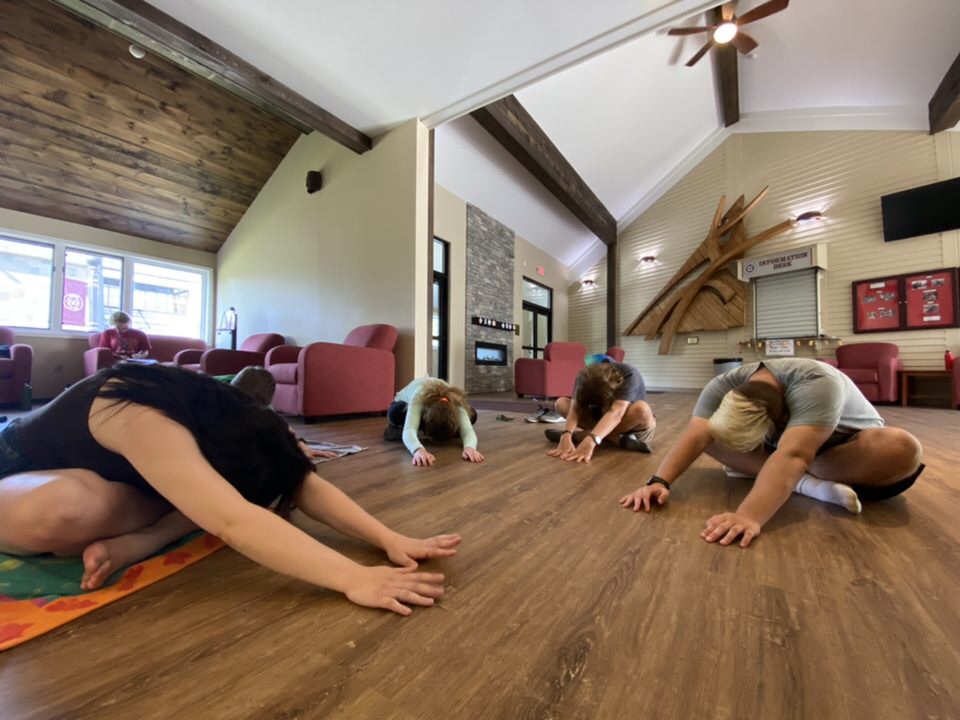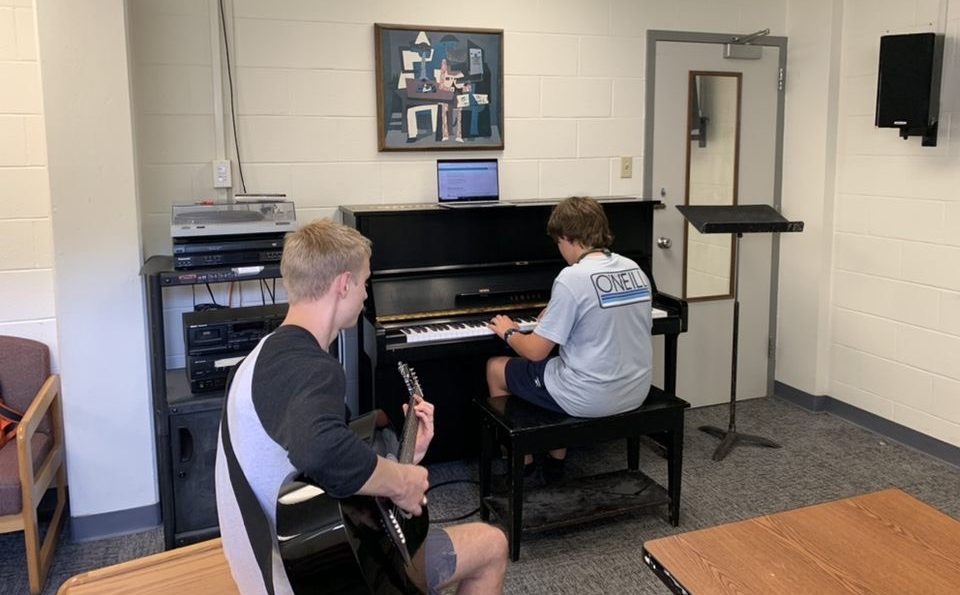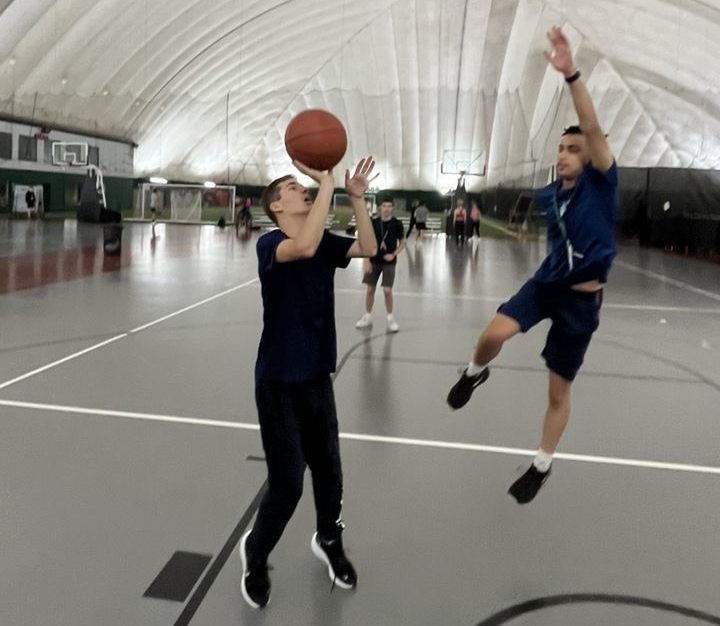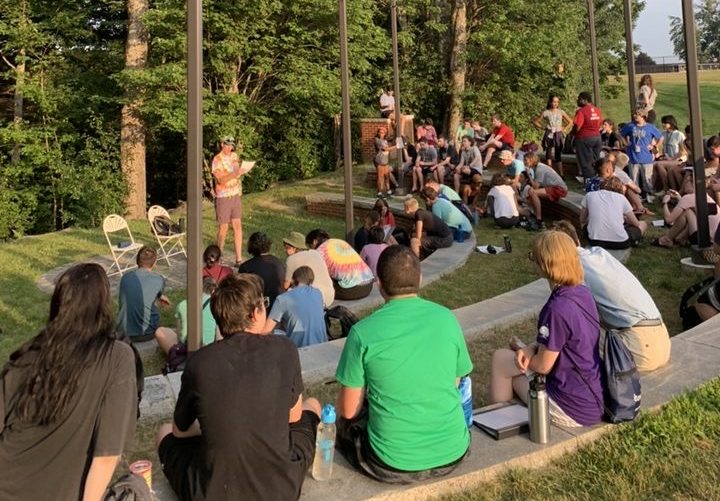Congratulations! You have likely decided on “what’s next” for you this coming fall. This moment is filled with lots of excitement. You’ve (mostly) completed your high school journey, and you’re looking forward to a new world of possibilities in post-secondary education. Regardless of what that next step is, you have some new challenges to prepare yourself for to conquer the transition ahead. So… how do you prepare for this next step now that you’ve made your decision? Here are some tips of things you can do as a neurodivergent high school senior preparing to launch into college!
Map out your accommodation plan:
Do you know what kind of academic support you are receiving now to help you navigate high school? If not, find out! Talk to parent/guardians and school personnel to identify what type of support services you are receiving in high school. If you do, have some conversations with your family and school about your game plan for accommodations in college.
Reflection Questions
- Does the college you are attending offer similar support services to what you get support for now?
- Do you plan to utilize accommodations in college?
- How will you access those accommodations?
Take Action:
- Reach out to the disability services or other support program you may be a part of to ensure they have everything necessary to provide accommodations to you as a student on campus.
Think about your social life:
You are about to transition into a new social world! Our social needs vary. Think about what you need to feel socially comfortable and connected, and how you can find that on the campus you’ll be on this fall.
Reflection Questions
- What kind of social environment do you thrive in?
- Are there clubs on campus, or other social opportunities/affinity groups that you can connect with before getting to campus?
- How will you blend your social life with the other obligations of college life?
Take Action:
- Review the website of the college or program you’ll be in next year to learn more about the social opportunities on campus.
- Reach out to the student life department (every campus should have one!) and ask about social opportunities that may fit your interests and social needs.
Taking care of yourself:
You will now be MUCH more independent in how you take care of yourself. While routines will certainly change, you have the opportunity to maintain your regimen for taking care of yourself, it will just look different. Have you thought about … all that other stuff OUTSIDE of the classroom?
Reflection Questions
- Do you have a meal plan? Do the food choices you make affect your mood, energy level, and ability to succeed academically?
- Do you have any exercise routine at home? What is your plan for continuing that in college?
- How independent are you in managing your routines (eg. hygiene, getting ready in the morning, sleep schedule)? What type of support do you need to implement those independently without reminders from family or other adults?
Take Action:
- Practice implementing these routines more independently at home on a schedule that may be similar to your life in college.
- When speaking with the student life department, ask them questions about any of these topics that will help you prepare to take care of yourself on campus this fall.
Taking care of your mental health:
Maintaining your mental health is a crucial part of your college success. Being mentally healthy allows you to be your best self and make the most of your experience. It’s important to have a plan for how you’ll stay mentally healthy during your transition into college.
Reflection Questions
- Do you have a mental health provider you see regularly? Will you be able to continue that relationship if you are moving out of state or away from home?
- Do you take medication that helps you regulate your mental health? Do you manage those medications independently?
- What do you do for self-care? Do you get emotional support from family and friends?
Take Action:
- Speak with the wellness center on campus about counseling and mental health services on campus.
- Identify any wellness spaces or sensory friendly areas on campus that may help you regulate your emotions on campus.
Some closing thoughts…
Plan, plan, plan, plan! The most important thing you can do between now and your arrival for orientation is to plan! Write your thoughts down. Write your plans down. Speak to your family and school about your plans. The more you plan, the more confident you will launch into your next step this fall. You got this!


